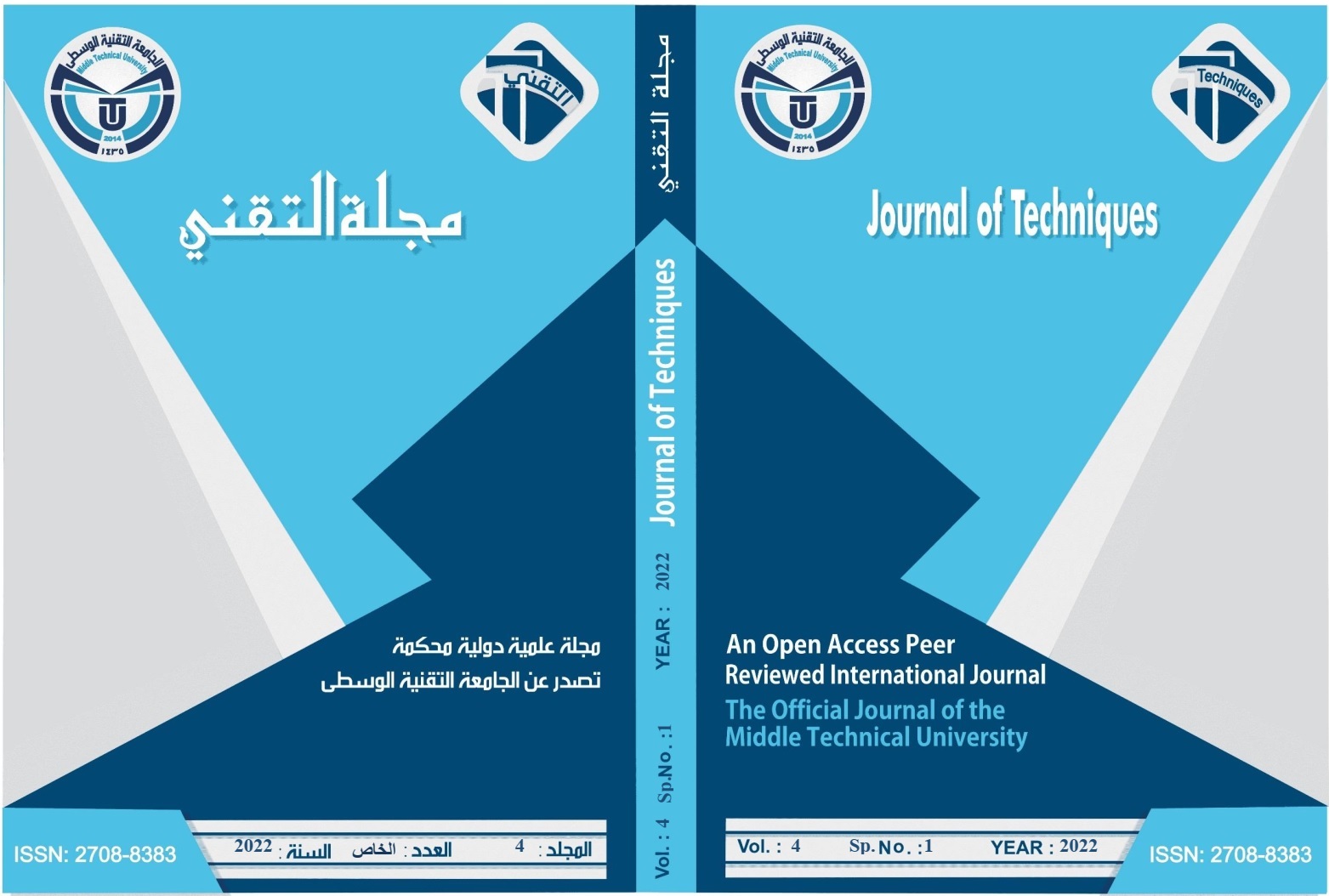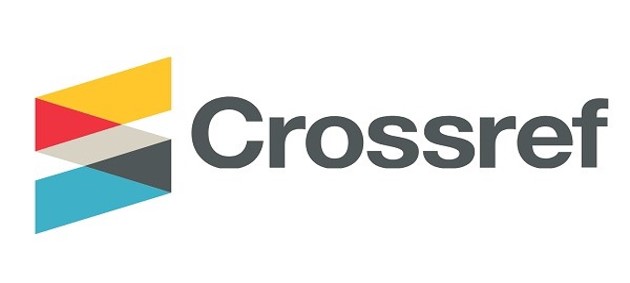Risk Factors of Obesity among Children Under 5 Years in Hilla City
DOI:
https://doi.org/10.51173/jt.v4i33.637Keywords:
Obesity, Assessment, Risk factors, Overweight, HillaAbstract
Childhood obesity was rarely seen. But over the past few years, more people have started to see this thing. This issue is mostly attributable to families' shifting lifestyles in the modernized Iraq, where they now have greater spending power, easier access to goods and services, and the means to live more comfortably and opulently because to advancements in technology. A case-control study was conducted on 100 children with obesity and 100 healthy participants in primary health care centers at Hilla city. The study used a convenience sampling technique (non-random sampling technique) to choose the children with obesity and control groups via take body anthropometry and direct interviews. The data collection continued for a period of 3 months starting on 2nd January 2022 and ending on 1st April,2022. The highest percentage of children with obesity in the age group 5 years 36 (36.0%). The mean age was 3.97±0.958, and the range (was 2-5). Fifty percent of children with obesity each for boys and girls. The results found that girl children are likely at higher risk for obesity at 2.125 times than boys. While children whose mothers have low professionals are a likely at less risk for obesity than children who their mother have high professionals (B= -2.065-; P. value< 0.001; OR= 0.127; 95% C.I 0.055-0.291). In addition, a high percentage of obese children gain weight after covid-19. The study revealed female children, mothers with low professional, the mother that gained a high weight during pregnancy, and the heredity of obesity are significantly associated with an increased risk of obesity in children. Health care providers should highlight concerning the risks of obesity and providing prevention strategies, ensuring parental participation by setting policies, guidelines and precautionary measures which should ideally be developed.
Downloads
References
Daniels SR. Complications of obesity in children and adolescents. Int J Obes. 2009;33(1):S60–5.
De Onis M, Blössner M, Borghi E. Global prevalence and trends of overweight and obesity among preschool children. Am J Clin Nutr. 2010;92(5):1257–64.
De Onis M, Blössner M, Borghi E. Prevalence and trends of stunting among pre-school children, 1990–2020. Public Health Nutr. 2012;15(1):142–8.
Drewnowski A, Popkin BM. The nutrition transition: new trends in the global diet. Nutr Rev. 1997;55(2):31–43.
Mahmudiono T, Nindya TS, Andrias DR, Megatsari H, Rosenkranz RR. Household food insecurity as a predictor of stunted children and overweight/obese mothers (SCOWT) in urban Indonesia. Nutrients. 2018;10(5):535.
Aminzadeh M, Hosseinzadeh M, Nikfar R, Ghaderian M, Mohsenpourian S. Incidence in overweight and obesity among schoolchildren, Ahvaz-2010. Jundishapur Sci Med J. 2013;12(4):355–3261.
Sanigorski AM, Bell AC, Kremer PJ, Swinburn BA. High childhood obesity in an Australian population. Obesity. 2007;15(8):1908–12.
Utami RA, Setiawan A, Fitriyani P. Identifying causal risk factors for stunting in children under five years of age in South Jakarta, Indonesia. Enferm Clin. 2019;29:606–11.
Bell S, Yew SSY, Devenish G, Ha D, Do L, Scott J. Duration of breastfeeding, but not timing of solid food, reduces the risk of overweight and obesity in children aged 24 to 36 months: findings from an Australian cohort study. Int J Environ Res Public Health. 2018;15(4):599.
Lu, W., Zhang, X., Wu, J., Mao, X., Shen, X., Chen, Q., ... & Tang Q. Association between trimester-specific gestational weight gain and childhood obesity at 5 years of age: results from Shanghai obesity cohort. BMC Pediatr. 2019;19(1):1–9.
Darko DK. Assessment of Factors Associated With Obesity in Children Under Five Years in Ghana. University of Ghana; 2019.
Gaillard R, Santos S, Duijts L, Felix JF. Childhood health consequences of maternal obesity during pregnancy: a narrative review. Ann Nutr Metab. 2016;69(3–4):171–80.
Queally M, Doherty E, Matvienko-Sikar K, Toomey E, Cullinan J, Harrington JM, et al. Do mothers accurately identify their child’s overweight/obesity status during early childhood? Evidence from a nationally representative cohort study. Int J Behav Nutr Phys Act. 2018;15(1):1–9.
Sørensen TIA, Ajslev TA, Ängquist L, Morgen CS, Ciuchi IG, Davey Smith G. Comparison of associations of maternal peri-pregnancy and paternal anthropometrics with child anthropometrics from birth through age 7 y assessed in the Danish National Birth Cohort. Am J Clin Nutr. 2016;104(2):389–96.
Blake-Lamb TL, Locks LM, Perkins ME, Baidal JAW, Cheng ER, Taveras EM. Interventions for childhood obesity in the first 1,000 days a systematic review. Am J Prev Med. 2016;50(6):780–9.
Ribeiro, K.D.; Garcia, L.R.; Dametto, J.F.; Assunção, D.G.; Maciel B. COVID-19 and Nutrition: The Need for Initiatives to Promote Healthy Eating and Prevent Obesity in Childhood. Child Obes. 2020;16:235–237.
Stavridou A, Kapsali E, Panagouli E, Thirios A, Polychronis K, Bacopoulou F, et al. Obesity in children and adolescents during COVID-19 pandemic. Children. 2021;8(2):135.
Adams EL, Caccavale LJ, Smith D, Bean MK. Food insecurity, the home food environment, and parent feeding practices in the era of COVID‐19. Obesity. 2020;28(11):2056–63.

Downloads
Published
How to Cite
Issue
Section
License
Copyright (c) 2022 Awatif Abd AL-khalik, Ali Hussein Al-Hafidh, Suha Attia Kadhum

This work is licensed under a Creative Commons Attribution 4.0 International License.
















